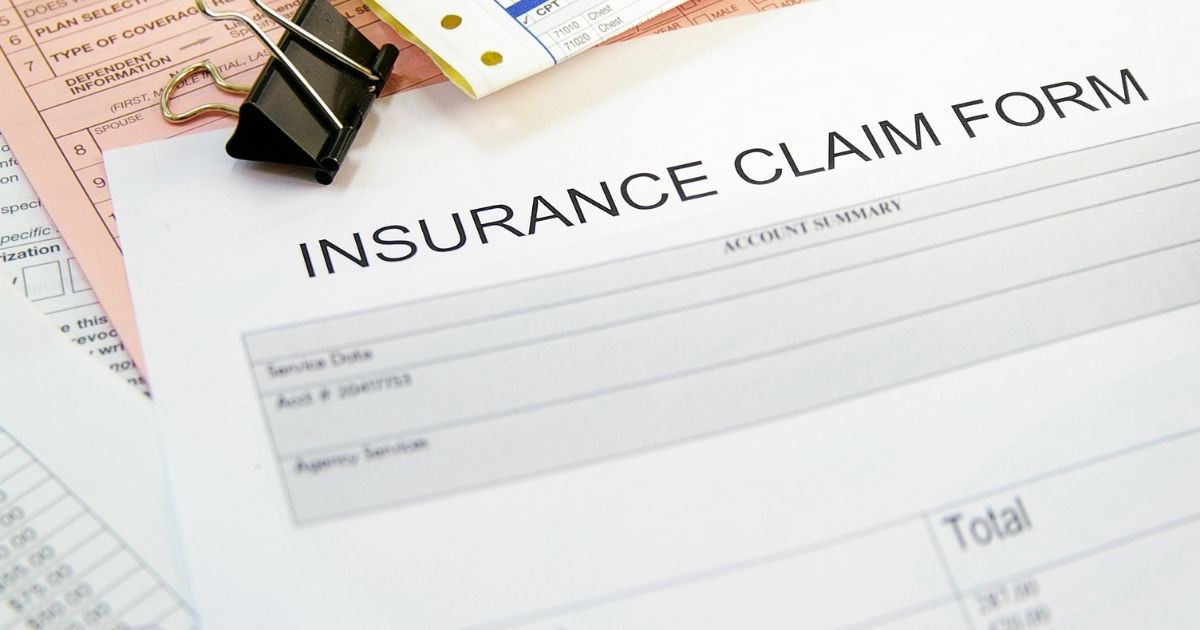
You buy insurance to help you cover expenses in the unfortunate event that you suffer losses. You pay your insurance premiums, and you expect that your insurance company will come through when you need them. Unfortunately, for some people, their insurance company fails them.
This often happens at the worst imaginable times. After a catastrophic car accident or a storm that damages your home, you need your insurance company. However, when they refuse to pay your claim or cover a loss, you may have legal options, such as a bad faith insurance claim.
In a legal action against your insurance company, you may be entitled to economic and non-economic damages. Economic damages are those damages that you have incurred because of your insurance company’s bad faith actions, like having to pay your medical bills out of pocket after a car accident. In most cases, you may be eligible to recover economic damages because of the wrongdoing of your insurance company.
Non-economic damages, however, are not as clear cut, and they can often involve your emotional suffering as a result of the insurance company’s bad faith acts. These damages may include punitive damages, the hardest type to prove. Collecting compensation for punitive damages may require additional proof that the insurance company not only acted in bad faith, but they did so in an intentionally malicious manner. Listed below are possible damages in a bad faith insurance claim.
Contract Damages
Contract damages may be the easiest to prove. These damages represent the amount of the claim that was denied. For example, if you were involved in a car accident and suffered $10,000 in medical bills, your claim would be for that full amount. You may also be able to include interest.
Extracontractual Damages
These are the damages that may be harder to prove because they are more subjective. Here, you may be able to recover compensation for emotional distress, additional loan interest you incurred as a result of the claim denial, lawyer fees, and anything else you can prove directly relates to the denied claim. Proving this requires more than simply stating that you incurred additional costs and emotional distress. You must prove that the costs were directly related to the insurance company’s bad faith actions.
Punitive Damages
The hardest damages to prove, punitive damages are meant to compensate you for egregious bad faith actions by your insurance company. These must often be intentional, malicious, and fraudulent. Both contractual and extracontractual damages are meant to compensate people for losses. However, punitive damages are meant to punish the insurance company for their bad actions, which is why punitive damages are often substantial amounts of money. Proving this will be difficult.
What Classifies as Bad Faith?
Insurance companies act in bad faith when they attempt to renege on their obligations to clients. This happens in many ways. Listed below are common bad faith actions.
Failing to Investigate a Claim
Insurance companies are required to investigate any claim that you make. As a policyholder, you are entitled to an investigation, and not just a cursory one, but a complete and thorough assessment of your claim. If your insurance company refused to even investigate your claim, you may have a legal claim for bad faith.
Denying a Claim Without a Reason
Along with investigating your claim, if the insurance company denies your claim, they must tell you why. They must also describe in writing the reasons for denying your claim, like the injury or accident is not covered by your policy. If the insurance company does not tell you in writing why they are denying your claim, they may be acting in bad faith.
Making Threatening Statements
Many times, insurance companies will have insurance adjusters call you. These adjusters can be aggressive and may even threaten you, making statements that you have to accept their offer or that you should just forget about your claim. While rare, this does happen, and it could be evidence that your insurance company is acting in bad faith.
Lying About the Law
While the insurance company is not your legal counsel, they cannot lie to you about the law. If an insurance company has denied your claim and lied to you about the law or what information you needed to provide them, they may be acting in bad faith. You may be able to collect compensation from them for their misrepresentation.
Lowballing a Claim
Insurance companies are notorious for reviewing claims from policyholders and offering them a lump-sum payment, but one that is much less than what their claim is actually worth. This is called a lowball offer, and it could be a sign that your insurance company is operating in bad faith.
Refusing to Pay a Claim
If the insurance company has received all of your paperwork resulting in a valid claim but still refuses to pay, this could amount to a violation of their duty under your insurance policy. In this instance, you may have a valid claim for bad faith practices by your insurance carrier.
Delaying Payment of a Claim
Sometimes, insurance companies tell you that they have approved their claim, and then you wait and never get a check. If your insurance company has not made a payment in a reasonable time after approving your claim, they may be acting in bad faith.
Pittsburgh Bad Faith Insurance Lawyers at AlpernSchubert P.C. Protect Those Who Have Been Wronged by Insurance Companies
Dealing with insurance companies can be difficult. Sometimes, the insurance company’s actions can amount to bad faith. If this has happened to you, you may have legal options to hold them accountable. Speak with our Pittsburgh bad faith insurance lawyers at AlpernSchubert P.C. today to learn more about your options. Call us at 412-765-1888 or contact us online to schedule a free consultation. Located in Pittsburgh, we proudly serve clients throughout Western Pennsylvania, including Allegheny County, Lawrence County, and Washington County.
